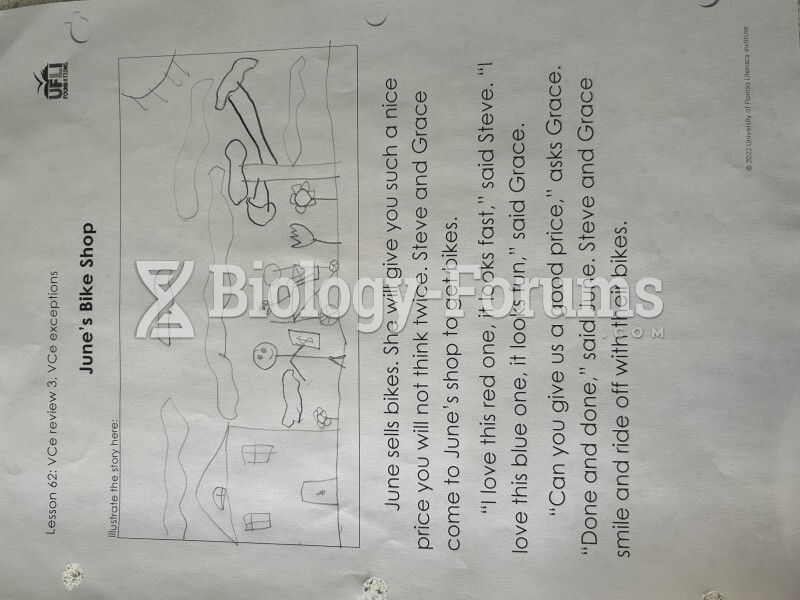|
|
|
The Romans did not use numerals to indicate fractions but instead used words to indicate parts of a whole.
It is believed that the Incas used anesthesia. Evidence supports the theory that shamans chewed cocoa leaves and drilled holes into the heads of patients (letting evil spirits escape), spitting into the wounds they made. The mixture of cocaine, saliva, and resin numbed the site enough to allow hours of drilling.
Cancer has been around as long as humankind, but only in the second half of the twentieth century did the number of cancer cases explode.
Bacteria have flourished on the earth for over three billion years. They were the first life forms on the planet.
Of the estimated 2 million heroin users in the United States, 600,000–800,000 are considered hardcore addicts. Heroin addiction is considered to be one of the hardest addictions to recover from.







